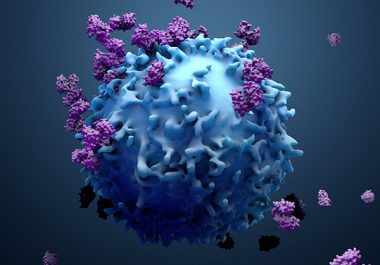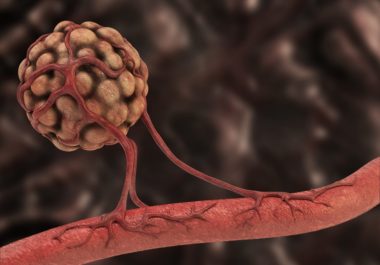
June 19, 2020: The Week in Cancer News
A study indicates that a sedentary lifestyle increases risk of death from cancer, and more news of the week from Cancer Today.


A study indicates that a sedentary lifestyle increases risk of death from cancer, and more news of the week from Cancer Today.

Geriatric assessment improves quality of life in older adults with cancer.

The American Cancer Society issues guidelines for diet and physical activity, and more cancer news of the week from Cancer Today.

Immune checkpoint inhibitors kill cancer cells by releasing the brakes on the immune system, thereby allowing it to mount an antitumor response. This form of immunotherapy has led to dramatic responses in some patients; however, most patients’ tumors do not respond to immune checkpoint inhibition, and resistance can develop in tumors that initially respond.

Some people with early-stage non-small cell lung cancer can benefit significantly from treatment with a targeted therapy, and more news of the week from Cancer Today.

In the early 1990s, Gregg Semenza, MD, PhD, was a postdoctoral researcher studying the cellular response to reduced oxygen levels, a state known as hypoxia. His focus was on the erythropoietin gene, EPO, which controls red blood cell production, and thus oxygen delivery. After identifying a sequence within the EPO gene that was critical for the response to hypoxia, Semenza isolated a mystery protein that was bound to this sequence.

A study shows that a more tolerable, dose-adjusted chemotherapy regimen can effectively treat a rare lymphoma, and more news of the week from Cancer Today.

The days are getting longer and warmer, and visions of beach trips, cookouts, and picnics occupy our minds. While this year’s summer will likely look different due to the ongoing COVID-19 pandemic, months of staying inside may make the desire to head outside even stronger.

Signaling pathways that regulate cellular proliferation are commonly mutated in cancer cells, leading to unrestrained cellular division and tumor growth. Therefore, insight into the regulation of these signaling pathways is critical to the development of novel therapeutics. Mutations in the RAS...

Metastatic prostate cancer incidence rose after changes to prostate cancer screening guidelines.